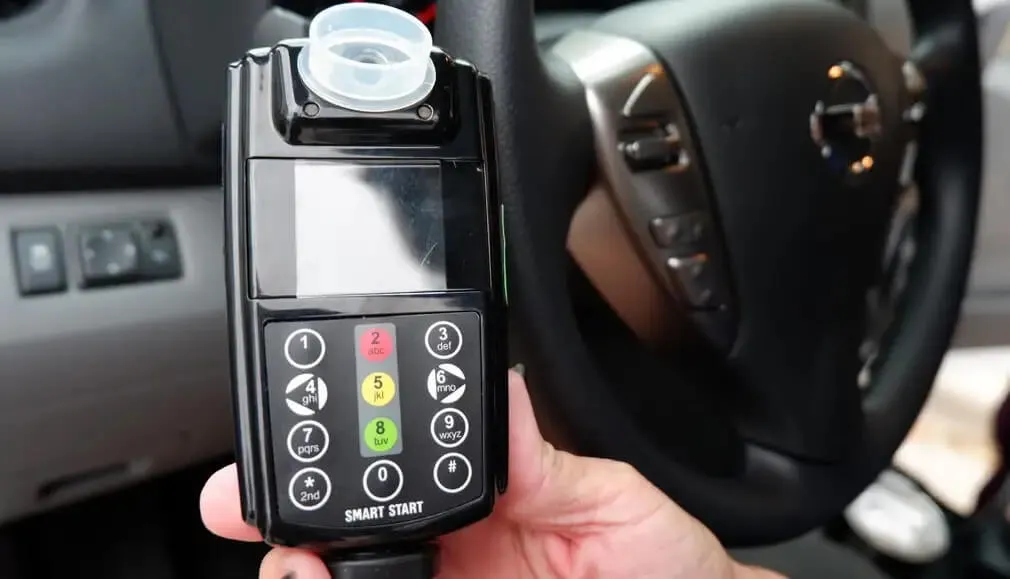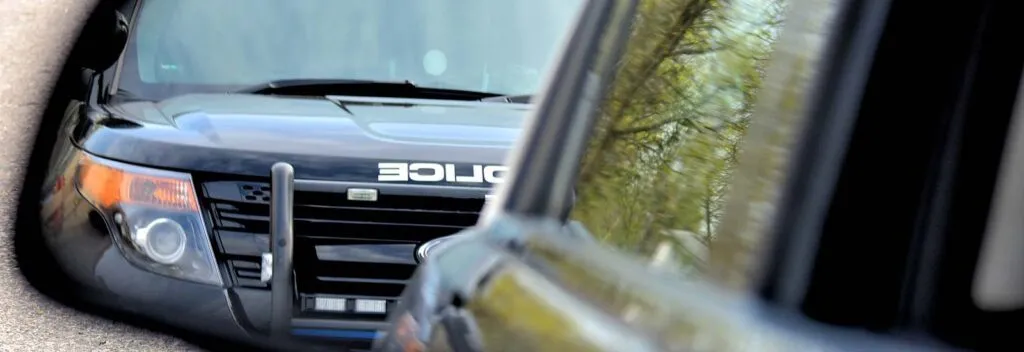
AnIgnition Interlock device(IID) is a small breathalyzer that is installed in your car. The device is about the size of a cell phone. An IID, as ourCape Cod OUI attorneyexplains, is connected to the ignition system and prevents a car from starting unless the driver gives a passing deep lung air sample. The device tests the driver’s blood alcohol concentration (BAC) by measuring the amount of alcohol in a subject’s breath. If the percentage is over .02%, the car will not start.
Who Needs an Ignition Interlock Device?
Massachusetts law requires a driver with a second or subsequent OUI offensewho is eligible for either a hardship license or full license reinstatement to have an IID attached to any vehicle the driver owns, leases, or operates (including an employer’s vehicle), at the driver’s expense.
For drivers seeking a hardship license with 2 or more OUI arrest convictions, theIID must remain in the car for the entire period of the hardship, plus an additional two years after the license has been fully reinstated.
For drivers seeking full reinstatement of their license after a second or subsequent OUI, the IID must remain in the car for two years after full reinstatement. This 2 year period is in addition to any time the IID may have been used during a hardship license.
For a free legal consultation, call (781) 740-0800
What am I required to do if I need an IID?
An IID is a serious time and financial burden after an OUI charge in Massachusetts. If you’re required to use an IID, you are fully responsible for the installation of the device. You must contact a vendor and schedule an installation. You are also required to pay all the required leasing and maintenance fees. Lastly, you must return to the vendor within 30 days for your schedule maintenance and data upload.
How Does the IID Work in My Car?
You will not be able to start your car without first passing the initial breath test. Turn on the ignition and wait for instructions requiring for the initial breath test. The next step is to blow into the IID for a few seconds. If you pass (.02 or less), the word “pass” will appear on the display and the vehicle will start. If you fail, (greater than .02), the device will display “fail” and you will not be able to start your vehicle. If you fail two times during a service period, your car will go into lockout and you will need to visit your vendor.
After your car has started, you will also be required to take what are called “rolling re-tests” at random while driving. When this happened, the device will make a noise and you have 5 minutes to take the test. You can take the test while driving, but it’s recommended you take it on the side of the road. If you do not take the rolling re-test or turn off the ignition before taking the rolling re-test, it will be considered a missed test. You should know that the IID will never shut your engine off after it has been started.
You must remember that the IID records all your test results and vehicle activity. Monthly maintenance is required, and during these visits, the vendor will upload data from the IID to the Registry of Motor Vehicles. If your IID locks out, you have 48 hours to return to the vendor, who will upload the data and reset the IID. If you fail to return to the vendor within 48 hours, your vehicle will remain in lockout and will need to be towed to the vendor.
How Do IID Violations Work?
- If you miss a rolling re-test and this happens two times during a service period, the vehicle will lockout. If you lockout twice, the RMV will schedule a hearing, and if found responsible, you will receive a 10 year license suspension.
- If you fail a rolling re-test with a BAC between .02 and .05 and this happens once, the vehicle will lockout. If it happens twice during a service period, the vehicle will lockout and the RMV will be notified, and a hearing will be scheduled. If you are found responsible, your license will be suspended for 10 years. If you are found responsible for a second occasion, your license will be revoked for life.
- If you fail a rolling re-test with a BAC greater than .05, the vehicle will lockout and the RMV will be notified, and a hearing will be scheduled. If you are found responsible, your license will be suspended for 10 years. If you are found responsible for a second occasion, your license will be revoked for life.
- If you miss a monthly service appointment, the vehicle will lockout. After a second lockout, the RMV will schedule a hearing, and if found responsible, your license will be suspended for 10 years.
- If you tamper with the IID, the vehicle will lockout and the RMV will be notified and a hearing will be held, and if you’re found responsible, your license will be suspended for 10 years.
- If you remove the IID without authorization, the RMV will be notified, and a hearing will be scheduled. If you’re found responsible, your license will be suspended for 10 years.
- If you operate a vehicle without an IID, the RMV will be notified, and a hearing will be scheduled. If you are found responsible, your license will be suspended for 10 years.
How Do IID Violations Work?
If the IID is used for the required period of time and you become eligible to operate without an IID, you must first visit a hearings officer and get a letter stating that the IID may be removed. The next step is to then schedule an appointment with your vendor and bring the letter with you. However, keep in mind that upon the completion of the required period, your IID will not be authorized for removal if you had any IID violation during the past 6 consecutive months.
Have You Been Arrested For OUI/DUI in Massachusetts?
If you’ve been arrested on a OUI/DUI charge, domestic violence, disorderly conduct, or drug possession, you should speak to our top Plymouth County criminal lawyer as soon as possible. You cancontact us onlineor call our office directly at(781) 740-0800to schedule your free consultation with one of our top notch defense lawyers. We have been proudly servicing clients throughoutNorwell, Massachusettsand surrounding areas such as Plymouth, Barnstable, Nantucket, and more.
Call or text (781) 740-0800 or complete a Free Case Evaluation form



